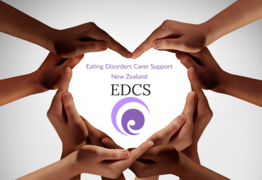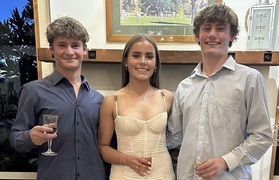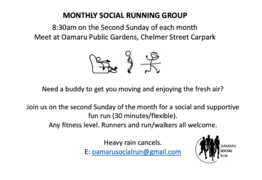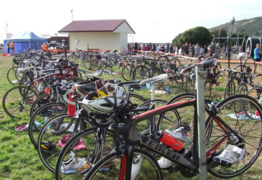Doctor takes more personalised approach to medicine with new clinic
Ashley Smyth
23 February 2025, 11:55 PM
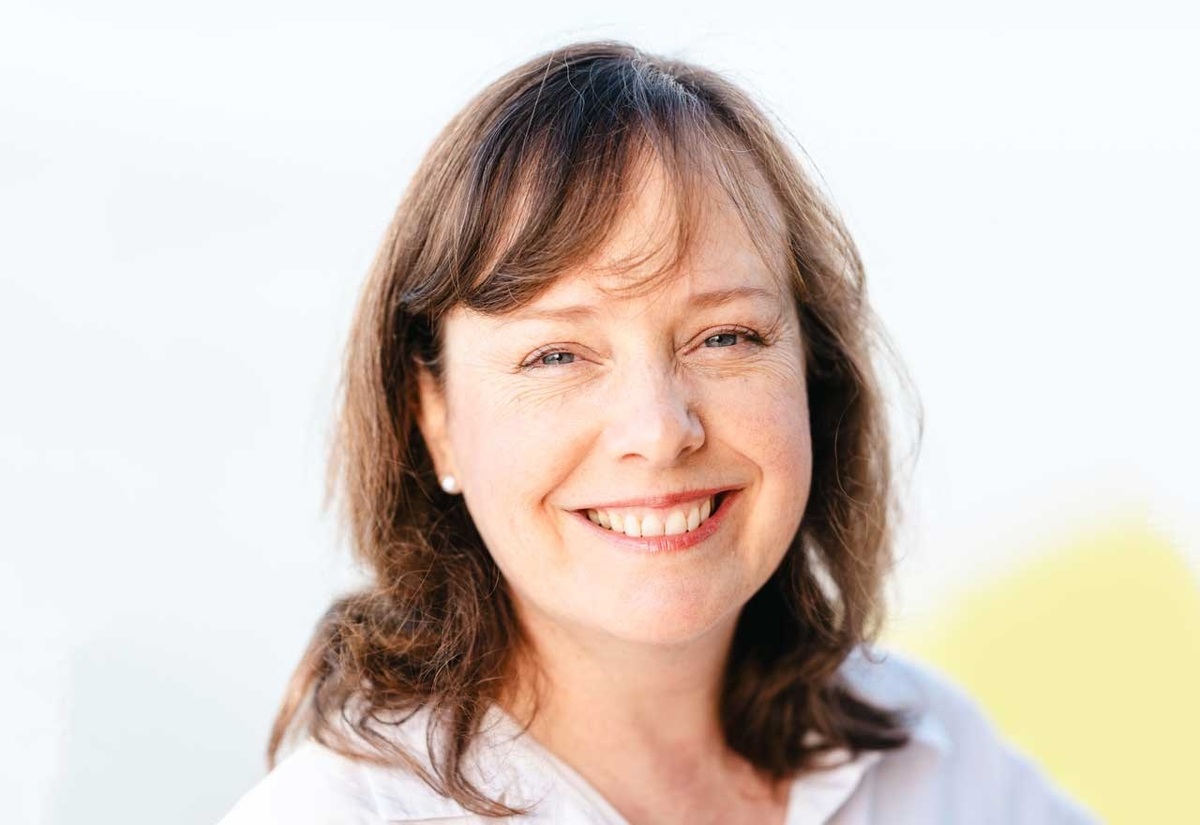 Dr Erika Hollow has started a lifestyle medicine clinic. Photo: Supplied
Dr Erika Hollow has started a lifestyle medicine clinic. Photo: SuppliedA GP who has branched out into lifestyle medicine is offering a new specialised service, and has a special interest in helping women navigate menopause.
Dr Erika Hollow, who has worked as a GP in Ōamaru, and now lives in Alexandra, says she was drawn to lifestyle medicine as she came to appreciate how much of an impact the way we live our lives has on our health and wellbeing.
With her new business Life Reno Medic Erika is in Ōamaru once a month offering in-person consultations, and other times is available through telehealth support.
Erika, who has worked as a GP for more than 20 years, began studying lifestyle medicine in 2020.
“So that's kind of looking at the way that we live and our, what we call pillars of health - so sleep, social connection, nutrition, physical activity. They do discuss tobacco, alcohol use, that kind of stuff - stress management.
“Looking at all the determinants of health and healthy living.”
Having lived in Wānaka and around Central Otago, where people tend to lead more active lifestyles, and then living and working in Greymouth and observing the lack of access to care and how lifestyle was impacting peoples’ health, Erika was encouraged to search for “a different way”.
“Trying to look at the preventative ... I think it's about giving people the tools and resources to make gradual lifestyle improvements in the right direction to live healthier lives and feel better.
It is too easy to pull out the prescription pad, she says.
“I'm not anti-prescription, I still work as a GP part-time as well.”
She says there are a lot of “really good GPs working really hard”.
“They're all just doing what they can do . . . it's not that they don't want help. It's just sometimes they don't have the time or the resources.”
The difference with her new clinic is people have more time to talk about what is going on for them.
“So it's having more time to kind of sit with people, and really get to grips with what their health concerns are.”
An initial consult with her is up to 60 minutes, and then follow-ups are 30. She takes a holistic approach, looking at the whole person in front of her.
“What I like to do is just spend a bit of time in the first consult getting to know people, getting to know what their issues are.”
She sends out an extensive questionnaire and spends time going through it before the appointment, so she can have a think about what might be going on for the patient.
“Then we'll have a really good chat and then come up with a bit of a plan.
“That might mean me doing some tests and things . . . sort of talk about what resources are available, what they might want to do, and then do a follow up with them to see how everything's going.”
Erika says lifestyle medicine should not be confused with functional medicine, which tends to focus more on testing and supplement use.
“I don't really do a lot of that.”
She describes herself as “one piece of the puzzle for people”.
“So I'm kind of doing a bit of the overview and the medical assessment, so I can organise any screening that's needed.
“It's really just more of a consult service . . . and it’s kind of led by the person and what they want to address and what they want to do.
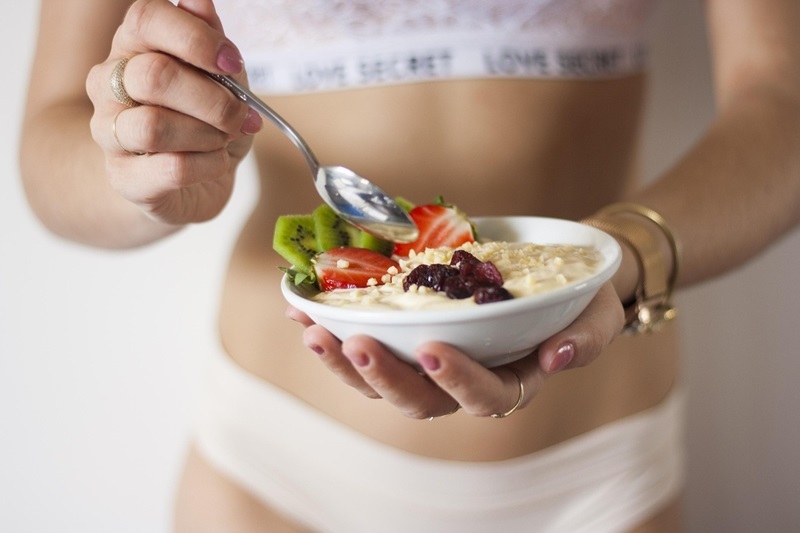
Women's health is particular focus for Erika. Photo: Pixabay/Skica911
“So if they want more nutritional help, I might refer them to a nutritionist . . . whatever's needed, basically.”
While she sees people with a range of health concerns, there is a particular focus on women’s health.
“I think there’s become a lot more of awareness around menopause and perimenopause symptoms and issues . . . and there are a lot of really fantastic female GPs that really know a lot in that space, but there’s also people who may not be able to get into say, a female GP in their own practice, and for them that can be tricky.”
Also, a lot of women don’t realise some of what they’re going through could be related to menopause, and so Erika will take them through a menopause score sheet.
“So we can actually identify all of that.”
Erika started Life Reno Medic towards the end of last year, and says people contact her for a variety of reasons.
“It's often been maybe slightly tricky issues that they haven't managed to get sorted, and just feeling like they need a little bit more time.”
She likes sitting down with people and “solving a puzzle”.
“And spending that time with people, getting to know them as well.
“I just think it's hopefully the future of medicine too . . . there's definitely a place for medication, there's a place for surgery, but I think our health system at the moment is really overwhelmed with a lot of people who are chronic - like the increasing rates of diabetes - and I think it's really important to look at what's driving that.”
She acknowledges it is a difficult time for everyone navigating the health system at the moment and wants to acknowledge there are a lot of “really good GPs working really hard”.
“They're all just doing what they can do . . . it's not that they don't want help. It's just sometimes they don't have the time or the resources.
“It's challenging for Kiwis trying to access healthcare - it can be extremely challenging - and it's also challenging for the few of us that are actually left in the public health system, because it feels to me like dwindling numbers and increasing demand, really.
“We just haven't met pace, really, both with infrastructure and training. And I think there's a whole lot of other determinants of health that are deteriorating, you know, like financial stresses, cost of living. It's just tricky for people.”
Putting basic steps towards better health into practice can feel difficult for people, but she offers some pointers on where to begin.
“It comes back to really basic stuff. Walking in time and nature is really important for people.
“We're kind of designed to spend time in nature and we spend a lot of time in rooms inside, so having that time in nature and a little bit of gentle exercise . . . and breathing strategies, mindfulness meditation, it's all really helpful.
“The tricky thing is we all know what to do, there's plenty of information about it. It's actually practising it over a regular period.”
A little bit of coaching and/or accountability can be a big help, she says.
That might be a friend or a family member who checks in as to whether a person has done what they intended to do, or asks if they want to go for a walk.
“It's also that kind of knowing where to start. It can be really overwhelming.”
In her spare time Erika loves to walk her dog, ideally on the beach, which is something she has missed since moving to Alexandra, but she makes do walking along the Clutha River track.
She enjoys mindfulness meditation and recommends the YouTube channel Mindful Movement.
“Some people find it difficult to sit and breathe and meditate, and so they've got yoga-based things that they can do as well.”
She also enjoys Pilates, gardening and reading.
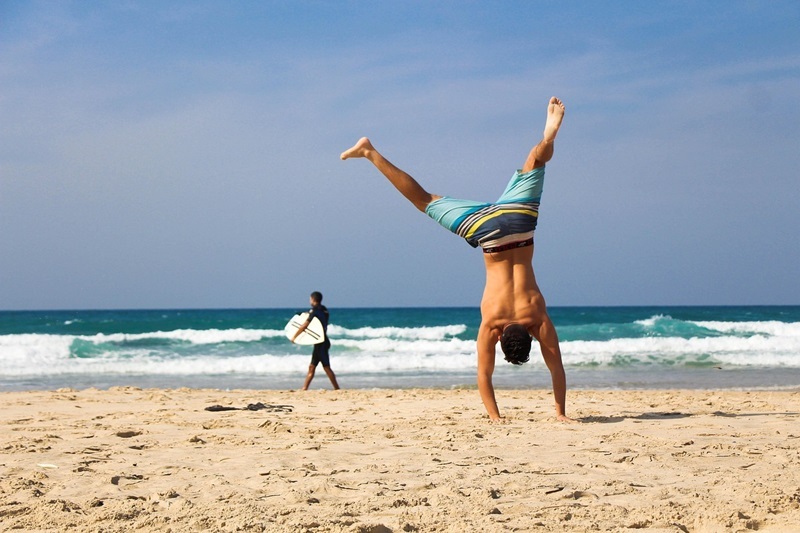
Time in nature is good place to start when it comes to improving your health, Erika says. Photo: Pixabay
NEWS
WHAT'S ON GUIDE
